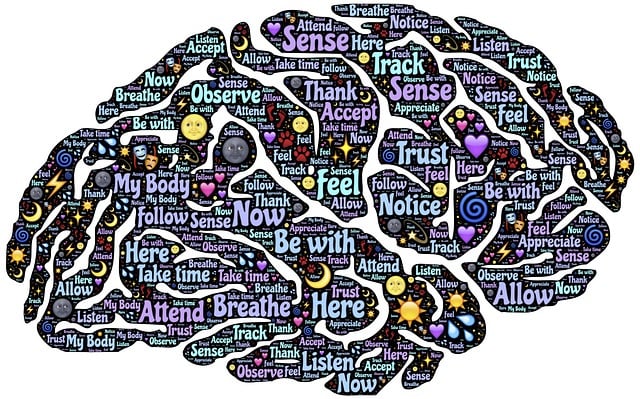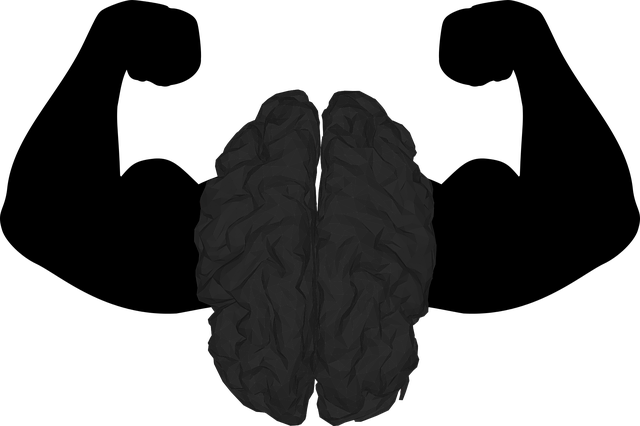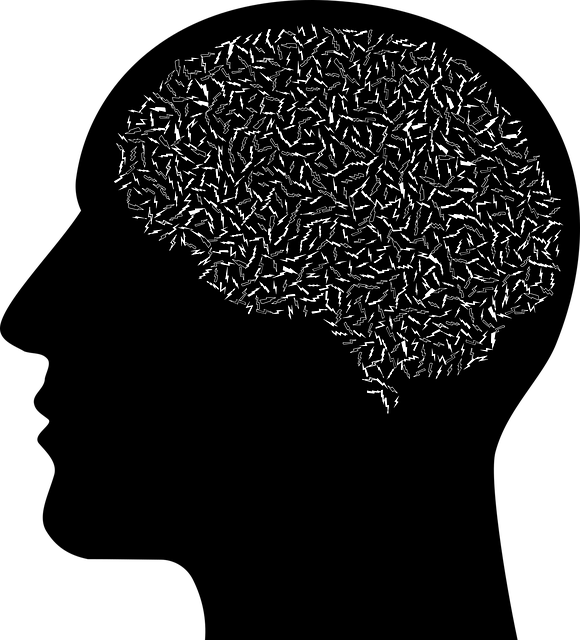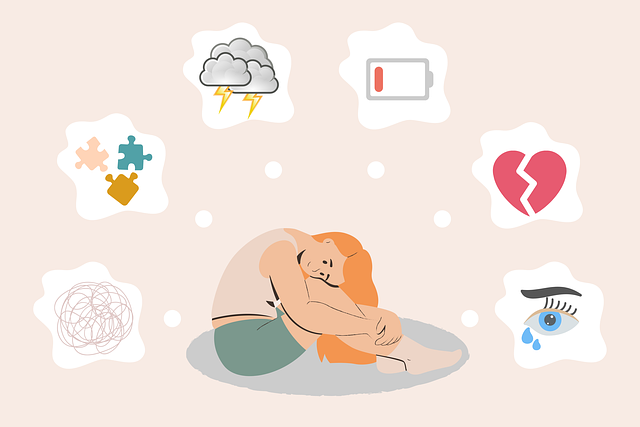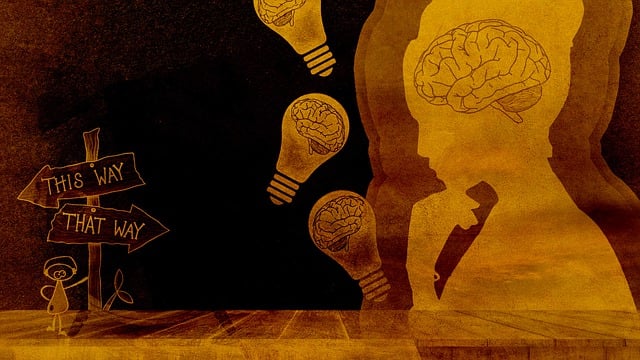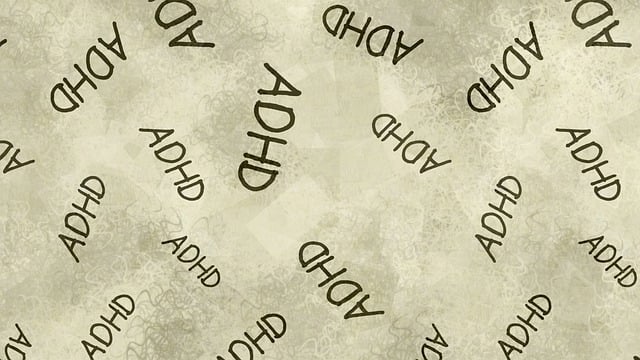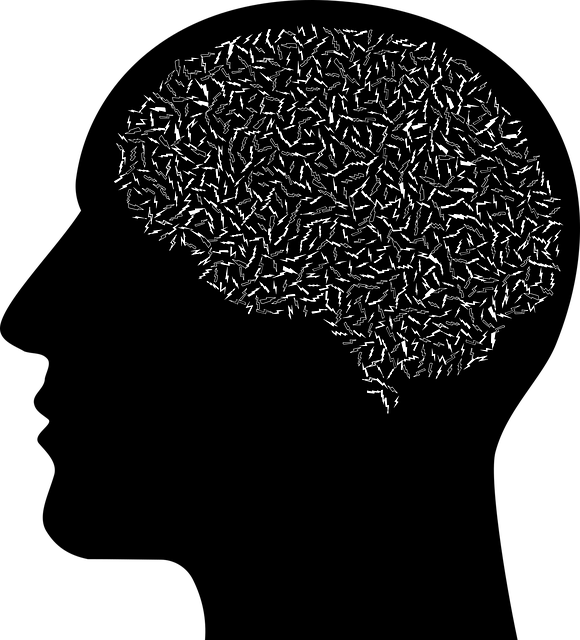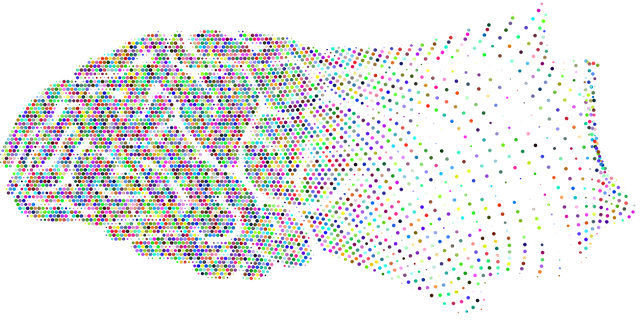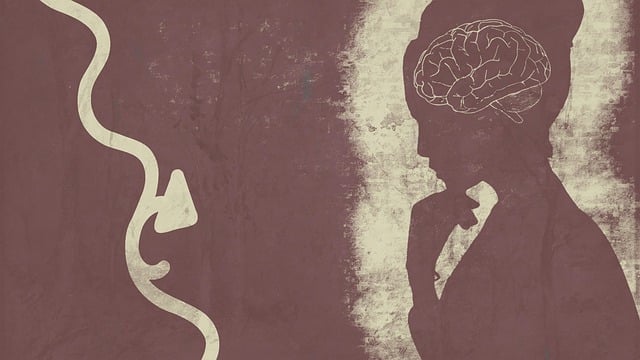Castle Rock Bariatric Evaluations Therapy (CRET) emphasizes holistic patient care by integrating mental wellness self-assessment tools, addressing both physical and emotional health. These assessments identify mental illness symptoms, stress areas, and promote self-awareness, reducing stigma through accessible resources. By incorporating modern techniques like conflict resolution and stigma reduction efforts, along with technology, CRET ensures its tools remain relevant and effective. The program's success lies in cultural competency training for healthcare providers and encouraging patient self-care, resulting in tailored interventions and improved care outcomes.
Mental wellness self-assessment tools play a pivotal role in empowering individuals to take charge of their mental health. In today’s fast-paced world, accessible and comprehensive assessments are essential for early detection and intervention. This article explores the development of such tools, highlighting key components for effectiveness. We present a case study of Castle Rock Bariatric Evaluations Therapy, showcasing how integrating mental health assessments into specialized programs can significantly impact patient outcomes. Discover strategies for successful implementation to enhance mental wellness on a broader scale.
- Understanding Mental Wellness Self-Assessment: The Need for Comprehensive Tools
- Building the Framework: Key Components of a Effective Self-Assessment
- Castle Rock Bariatric Evaluations Therapy: A Case Study in Integrating Mental Health Assessments
- Implementation and Impact: Strategies for Successful Rollout and Measurement of Self-Assessment Tools
Understanding Mental Wellness Self-Assessment: The Need for Comprehensive Tools

Mental wellness self-assessment tools play a pivotal role in enabling individuals to gain profound insights into their mental health and overall well-being. These assessments serve as a comprehensive gateway, allowing people to evaluate their thoughts, emotions, and behaviors. By utilizing evidence-based methods, such as Castle Rock Bariatric Evaluations Therapy, these tools aid in identifying potential mental illness symptoms, pinpointing areas of distress, and fostering self-awareness—crucial elements in the pursuit of improved mental health.
The development of sophisticated self-assessment tools is particularly imperative given the persistent Mental Illness Stigma Reduction Efforts. By providing accessible resources, individuals can proactively manage their mental wellness, potentially mitigating the risk of burnout among healthcare providers who often shoulder the burden of diagnosis and treatment. Furthermore, these assessments contribute to resilience building by empowering people to take ownership of their mental health journey, thereby enhancing their coping mechanisms and overall well-being.
Building the Framework: Key Components of a Effective Self-Assessment

Building a robust framework for self-assessment tools is paramount to enhancing mental wellness. Effective Castle Rock bariatric evaluations, therapy sessions, and similar interventions often hinge on comprehensive assessments that capture an individual’s psychological landscape accurately. These tools should be multifaceted, incorporating components like mood tracking, cognitive function analysis, stress management assessment, and social support evaluation. By integrating these key elements, the self-assessment can offer a holistic view of one’s mental state, providing valuable insights for both individuals and therapists.
Consideration should also be given to modern trends such as Conflict Resolution Techniques and Mental Illness Stigma Reduction Efforts, which have gained prominence in enhancing mental wellness discourse. Additionally, leveraging technology through the production of Mental Wellness Podcast Series can further democratize access to assessment tools and resources, reaching a broader audience with tailored information and support. This multi-pronged approach ensures that self-assessment tools remain relevant, effective, and inclusive in addressing contemporary mental health challenges.
Castle Rock Bariatric Evaluations Therapy: A Case Study in Integrating Mental Health Assessments

Castle Rock Bariatric Evaluations Therapy (CRET) serves as a compelling case study in integrating mental health assessments into specialized healthcare services. This innovative approach recognizes the profound impact of emotional well-being on physical health, especially within bariatric populations. CRET incorporates comprehensive evaluations that delve into patients’ psychological profiles, coping skills development, and potential barriers to weight loss. By doing so, it ensures that treatment plans are holistic, addressing not just physiological needs but also the intricate web of mental health considerations.
The program’s success stems from its multi-faceted strategy. Healthcare provider cultural competency training plays a pivotal role in fostering empathetic interactions. This enables practitioners to understand patients’ unique backgrounds and tailor interventions accordingly. Additionally, CRET encourages self-care routine development for better mental health, empowering individuals to proactively manage stress and promote resilience. Through these integrated services, Castle Rock Bariatric Evaluations Therapy exemplifies a comprehensive approach that enhances patient outcomes and underscores the importance of mental wellness in overall healthcare delivery.
Implementation and Impact: Strategies for Successful Rollout and Measurement of Self-Assessment Tools

Implementing self-assessment tools for mental wellness is a strategic move that can significantly impact an individual’s journey towards better health and well-being. When introducing such tools, careful planning and consideration are essential to ensure their effectiveness. One effective strategy is to integrate these assessments into existing Castle Rock Bariatric Evaluations Therapy programs, allowing for a holistic approach to patient care. By combining mental wellness coaching programs with comprehensive evaluations, professionals can identify specific areas of need and tailor interventions accordingly.
Successful rollout involves risk management planning for mental health professionals, ensuring they are equipped to handle the potential emotional responses from participants. Measuring the impact of these tools is crucial for justifying their continued use and making informed improvements. Regular feedback from users, along with tracking key performance indicators related to mental wellness outcomes, can provide valuable insights. This data-driven approach ensures that Castle Rock Bariatric Evaluations Therapy remains a leader in innovative mental health solutions, benefitting both patients and professionals alike.
Mental wellness self-assessment tools are essential in empowering individuals to take charge of their mental health. As demonstrated by the successful integration of Castle Rock Bariatric Evaluations Therapy, a comprehensive approach that incorporates these tools can lead to positive outcomes. By understanding the key components and implementing effective strategies for rollout, we can ensure these assessments become valuable resources in navigating mental wellness journeys. This article has highlighted the importance of such tools, providing a roadmap for their development and utilisation.
